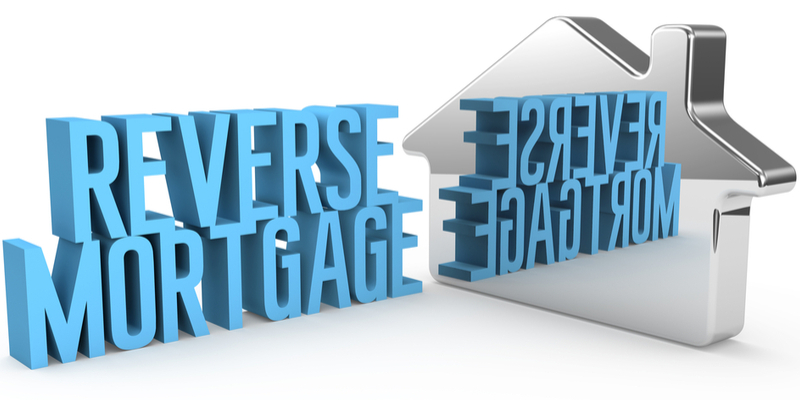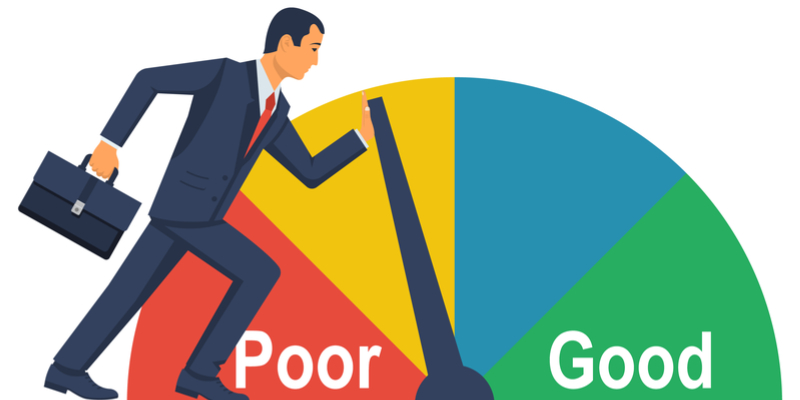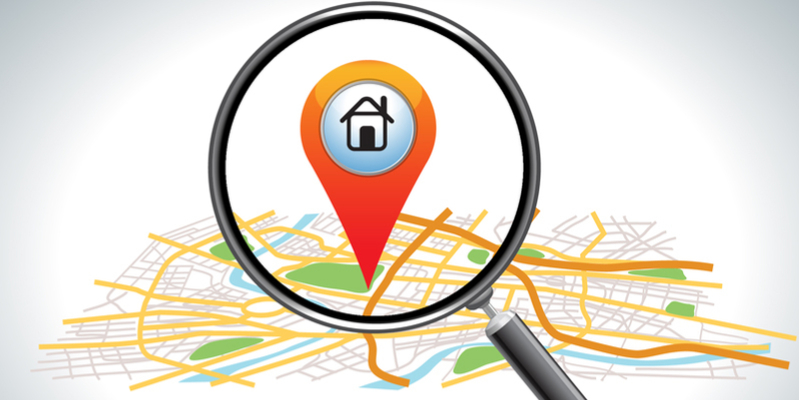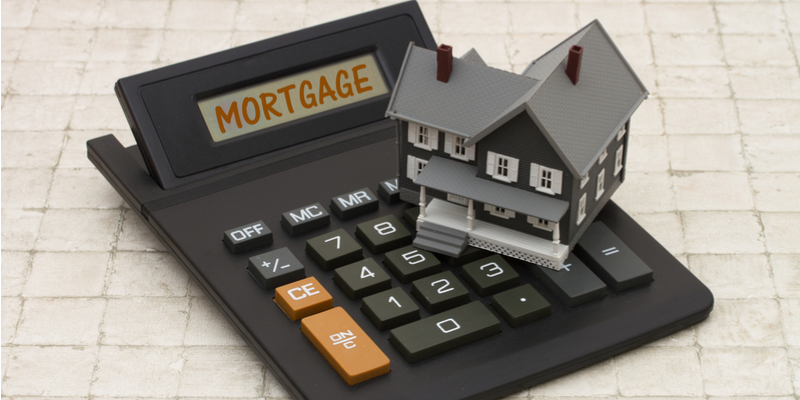
Your home’s equity is likely one of your most valuable assets, and it likely took years of hard work to accumulate. At first glance, going backwards by borrowing money on your home seems like a bad move. However, in some situations, taking advantage of a reverse mortgage can be a lifesaver. While a reverse mortgage is not something to take lightly, it may be a smart call in certain situations.
If It Will Solve Long-Term Financial Issues
In order to qualify for a reverse mortgage, you either need to own your home outright, or have sufficient equity to satisfy the lender’s requirements for collateral.
Do some research on what your payout could be from a reverse mortgage. Such mortgages pay you a lump sum amount or provide a steady monthly amount to you (thus the term “reverse”) to help pay expenses while allowing you to stay in your home. There are certainly other options such as selling your home, which allows you to access all of your equity as opposed to just a portion of it. However, it is important to discuss all of your options with a mortgage professional in order to determine what matters most and is most beneficial to you.
If You’re Not Planning on Moving
If you prefer to stay in your current home, opting for a reverse mortgage may be a great idea. If someone is already stressed with certain financial worries, a move could further complicate things and add to their financial worries.
If You are 62 Years of Age or Older
In order to take out a reverse mortgage, you must be at least 62 years-old. However, if you are at least 62, but your spouse is not, both of you may be on the loan. Additionally, thanks to a recent court ruling, in the event of death of the older spouse, the surviving spouse is still protected from having to pay off the loan balance and would not be evicted.
Therefore, if you or your spouse are 62 years-old or older, you can both take full advantage of a reverse mortgage’s benefits no matter what happens.
Let Us Help
Though reverse mortgages are the targets of much criticism — typically by people who simply do not understand how they work — they are a great option for people in certain situations. If you’re interested in exploring a reverse mortgage as a way to get you the cash you need, the experts here at Butler Mortgage can help. Call us today at 407-931-3800 for more information.










 Although you may have chosen a 30-year mortgage loan, who says you must wait that long to own your home outright? If you are someone who would like to pay off your mortgage early, there are several ways to accomplish your goal.
Although you may have chosen a 30-year mortgage loan, who says you must wait that long to own your home outright? If you are someone who would like to pay off your mortgage early, there are several ways to accomplish your goal.
 Not only does paying late and defaulting on your mortgage loan lower your credit score, but it also makes it more difficult for you to refinance or obtain another loan in the future. Even worse, the lender could repossess your home and sell it. While unexpected events happen such as job loss or illness, defaulting on a loan is a serious situation that bears many long-term consequences.
Not only does paying late and defaulting on your mortgage loan lower your credit score, but it also makes it more difficult for you to refinance or obtain another loan in the future. Even worse, the lender could repossess your home and sell it. While unexpected events happen such as job loss or illness, defaulting on a loan is a serious situation that bears many long-term consequences.
 As new construction continues, employment steadies, and U.S. wages rise, we can expect to see many Americans buying homes in 2019. Whether someone wants to live an active lifestyle downtown or a more relaxed one close to the beach, the Central Florida housing market is a compelling real-estate investment choice for both locals and those looking to move to the sunshine state.
As new construction continues, employment steadies, and U.S. wages rise, we can expect to see many Americans buying homes in 2019. Whether someone wants to live an active lifestyle downtown or a more relaxed one close to the beach, the Central Florida housing market is a compelling real-estate investment choice for both locals and those looking to move to the sunshine state.